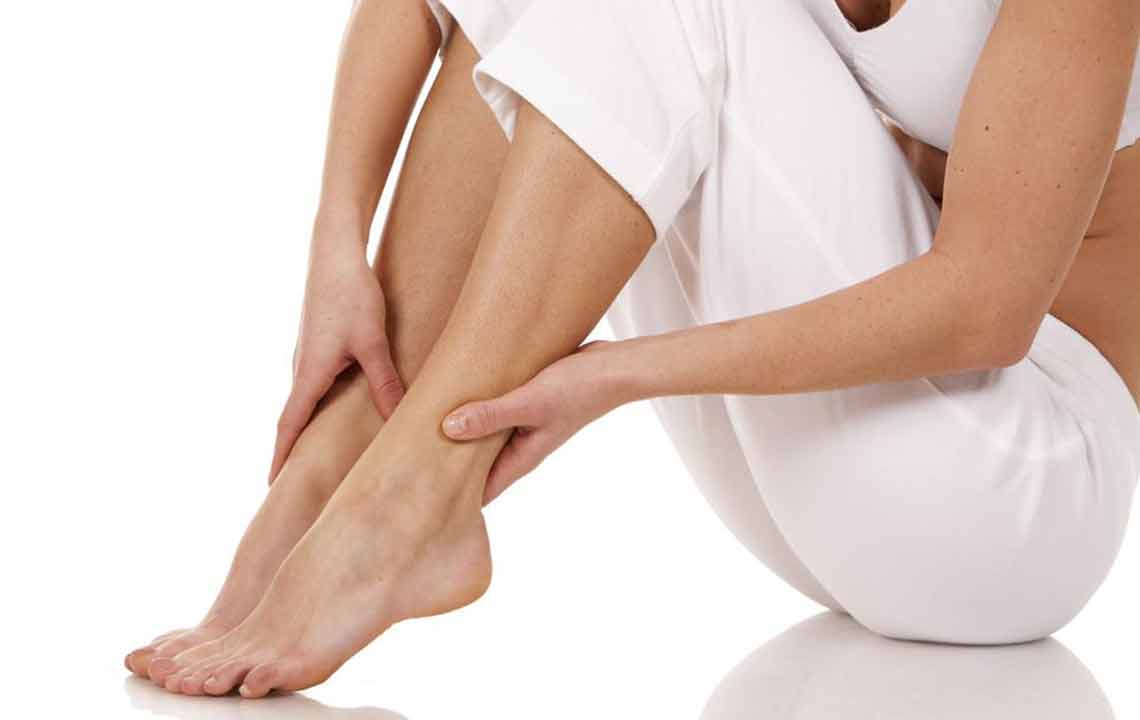Easy Treatment Options to Get Relief from Foot Pain
Feet are one of the most important organs in your body considering that you need them to stand, sit, push up, stretch, run, climb and a lot of other things. But you hardly paid attention to them till they started aching. It is noticed that once your feet start aching, you don’t feel energetic enough to do anything else, especially moving. There are times when you feel like sitting still without moving for an hour or so.
Why do your feet ache?
Your body weight is borne by your feet when you are standing or walking when you need to be somewhere.

The foot may look simple but is a complicated structure with 26 bones, 33 joints, various muscles, nerves, and diverse tendons. Some pain could be mild, however, in severe foot issues the pain can be intense and affect your capacity to walk or bear weight. In such case, consultation with a doctor is a must to find ways for a quick foot pain relief.
What are the causes of foot pain?
Foot pain might be caused by different medical conditions, improper footwear, wounds, and lifestyle choices. Wearing ill-fitting shoes, high heels, and tight shoes can make your feet ache. This is because such shoes place a lot of pressure on your toes. You can also find your feet pain if you hurt yourself during a high-impact exercise routine like intense aerobics or jogging. Arthritis, diabetes, obesity, sprains, fracture or tendinitis, and pregnancy are some of the common causes of foot pain. Other conditions like calluses, bunions, warts, corns, ingrown toenails, fallen arches, hammer toes, plantar fasciitis, lupus, gout, athletes foot, and rheumatoid joint pain can also make your feet ache.
A sprain of the foot or lower leg happens when tendons that hold the bones together are overstretched and their fibers tear or extend too far. The looseness of tendons in the joints of the foot may prompt foot pain and distortion. Stress Fractures ordinarily happen in the metatarsal bones, the long bones of the foot, and can happen in the tarsal or back foot bones too.
When to get a medical treatment for foot pain?
When the pain starts disturbing your daily life or you can’t play your favorite sports without torment, you should consider visiting a doctor to get help. The signs that tell you to look for therapeutic care are: feet look distorted, you have loss of function, change of sensation, a lot of swelling with severe pain, the painful area becomes hotter than other parts, or you find yourself moving unnaturally.
Simple things you can follow to get foot pain relief
Wear shoes that fit and have good shock absorbing soles. Try wearing a custom insert in the shoes (if needed) also known as orthotics. Keep your feet elevated. Using muscle pain sprays can also provide foot pain relief for a few hours as they are specifically designed for sprains, strains, or muscle pull.
Appropriate footwear fitting, extra supports added to the shoes, for example, heel cushions or pads, and different wedges to help keep your feet in an appropriate position is recommended. Athletic shoes lose their sole support through use and time. A decent guideline is to change your shoes after six months or more if there is heavier utilization. You can also try using new insoles in your runners to build energy usage and add support to the feet.
Resting your feet will enable the tissues to recuperate by keeping any further stress away from the influenced area. Support your feet if you experience issues while putting weight on the foot. Proper utilization of industrially accessible lower leg and foot supports may give rest, relaxation, and support to the influenced part of the foot.
Use an ice pack to ease discomfort and get foot pain relief. Ice will eliminate the swelling around the foot and free your foot tissues from stress. Maintain a healthy weight, keep your feet clean and hygienic, protect your feet, and wear shoes whenever you are outside.
Qualified medical centers may utilize electrical medical instruments, for example, ultrasound, different types of electrical incitement, LED light treatment (laser), and additionally manual treatments to decrease pain and increase blood circulation to the area in order to provide foot pain relief.
Follow-up
There could be follow-up tests, scans, or x-rays if you are getting treated for sprains, fractures, tendinitis, etc. to make sure that your feet are healing properly and you have relief from the foot pain. Follow a good exercise program so that you do not face the same issue in future. Get your exercise plan designed by a professional trainer or a physiotherapist.

